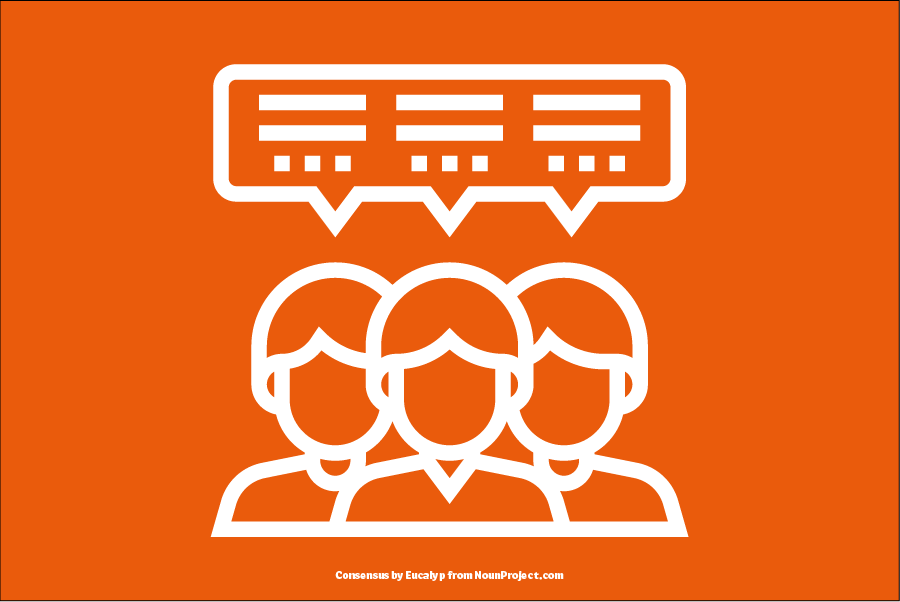According to the Australian Sleep Health Foundation, up to 70% of children with ADHD suffer from sleep problems. Some of these problems are directly related to the core ADHD symptom of hyperactivity, but they may also be a transient side effect of the more common types of ADHD medication.
Medication-induced insomnia can be addressed by avoiding taking stimulant medication in the afternoon or evening, or by changing to a non-stimulant medication.
Having a regular bed-time routine can also help, but many families still struggle with their children taking along time to fall asleep, and then having difficulty staying asleep. Poor sleep health and the resulting sleep-deficit can have a catastrophic effect on both the child’s and the parent’s daytime functioning in the short-term, and can lead to numerous health problems in the long-term.
An upcoming study at Shaqra University in Saudi Arabia is hoping to find a solution to this common issue by looking into Behavioral Sleep Interventions for children with ADHD.
This randomized controlled study being conducted by Hetaf Alammar aims to evaluate behavioral sleep interventions for Saudi children with ADHD who are between 5-12 years of age, and to discover the extent to which behavioral interventions improve sleep difficulties and increase sleep duration in children with ADHD, and furthermore to find out what effect these interventions have on ADHD symptoms.


